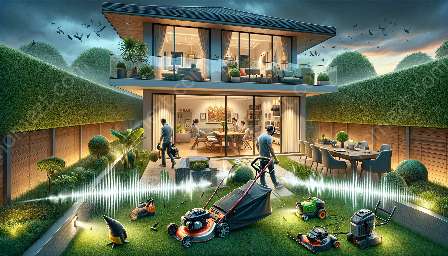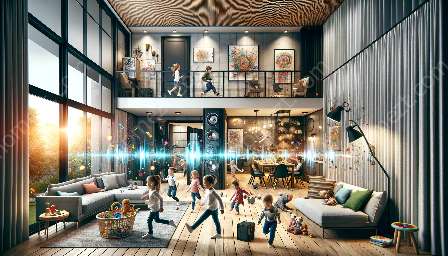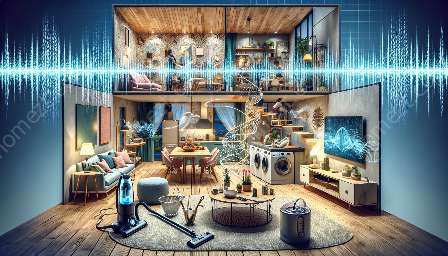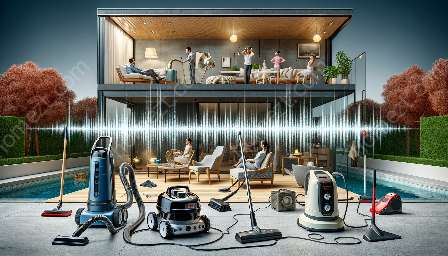Plumbing noises can have a significant impact on the overall quality of life in a home. From disrupting sleep to causing stress, these noises can contribute to noise pollution and affect the well-being of residents. To understand the issue in depth, it is essential to explore the causes of plumbing noises, their impact on noise pollution in homes, and effective strategies for noise control.
Causes of Plumbing Noises
Plumbing noises can stem from various sources within a home's plumbing system. Common causes include water hammer, loose pipes, worn-out washers, and high water pressure. Water hammer occurs when the flow of water is suddenly interrupted, resulting in a loud banging noise. Loose pipes can produce rattling or knocking sounds, while worn-out washers and high water pressure can lead to whistling or hissing sounds. Identifying the specific cause of plumbing noises is crucial in addressing the issue effectively.
Impact on Noise Pollution in Homes
The presence of plumbing noises can contribute to noise pollution in homes, affecting both the physical and mental well-being of occupants. From disturbed sleep patterns to increased stress levels, the negative impact of noise pollution on overall health is well-documented. Moreover, constant exposure to plumbing noises can lead to irritability and decreased concentration, impacting productivity and daily activities. Furthermore, noise pollution can also disrupt the peaceful coexistence of family members and neighbors, highlighting the need for effective noise control measures.
Noise Control in Homes
To mitigate the impact of plumbing noises and address noise pollution in homes, various noise control strategies can be implemented. One effective approach involves identifying and fixing the underlying causes of plumbing noises. This may include securing loose pipes, installing water hammer arrestors, and regulating water pressure. Additionally, soundproofing techniques, such as insulating pipes and utilizing acoustic materials, can help minimize the transmission of plumbing noises within the home. Furthermore, the use of quiet plumbing fixtures and appliances can contribute to a quieter and more peaceful living environment.



























